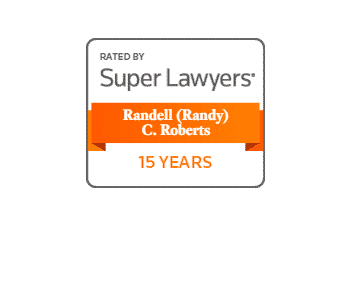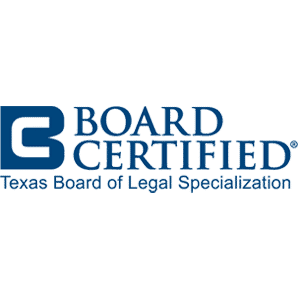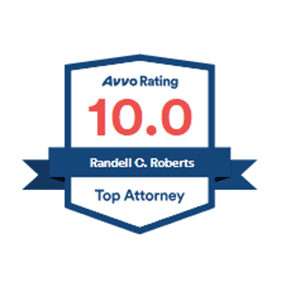Protect Yourself from Medication Errors
Protect Yourself at the Doctor’s Office
Tell your doctors every medication you are taking, including prescriptions, over-the-counter drugs and vitamins, and any kind of herbal remedies you might be using. All of your doctors need to know what the other ones are prescribing you. Mixing different drugs can be deadly. Pain pills and sleeping pills are potentially a deadly prescription drug combination. Several over-the-counter cold medicines or decongestants can eliminate the effects of blood pressure medications.
Make a list of all of the pills you are taking with the name, dosage, and document how often you take this medicine on your list.
Be sure your doctors know of any and all allergies or adverse reactions you have to medications. Add this information to your list as well.
When your doctor prescribes you a medication, make sure you can read everything he/she has written. If you are having trouble reading it, the pharmacist could have the same problem when asked to fill it.
Ask questions about the medicine you have been prescribed. Make sure your doctor or nurse explains it to you clearly. Write down the information.
Research the drug. Two helpful websites are www.drugs.com and www.rxlist.com. Play an active role in your health care team. Research, ask questions, and be proactive.
Protect Yourself at the Hospital
Take the list of medications we previously talked about (the complete list) to the hospital with you any time you may have to go there. A good idea would be to keep your list typed and in your wallet. Ask the doctor who will be treating you to complete a Medication Reconciliation Form ensuring that your doctor is aware of all of your home medications.
Refrain from taking your home medications while you are in a hospital. The doctor will prescribe you the medications you will need, as well as the dosage you will need, for your stay at the hospital. If you continue taking your home medications, you may cause a drug interaction or accidentally over medicate yourself.
Know your medication inside and out; the correct names, why you are prescribed them, what they do.
Be aware of your rights, and do not be afraid to speak up. If you are unsure about a certain type of medication, ask questions about it. Read the order from your doctor. Ask why you have been prescribed this medication. You have the right to know, and YOU could be the one to prevent a medication error.
Make sure the hospital you are at knows of any allergies you have to medications. You should be given an allergy bracelet, and your allergies should be noted on your chard as well as on your medication administration record (MAR).
Upon leaving the hospital, ask the nurse to go over all of your medications. Ask questions about any dosage changes or new prescriptions. Update your list as soon as possible.









